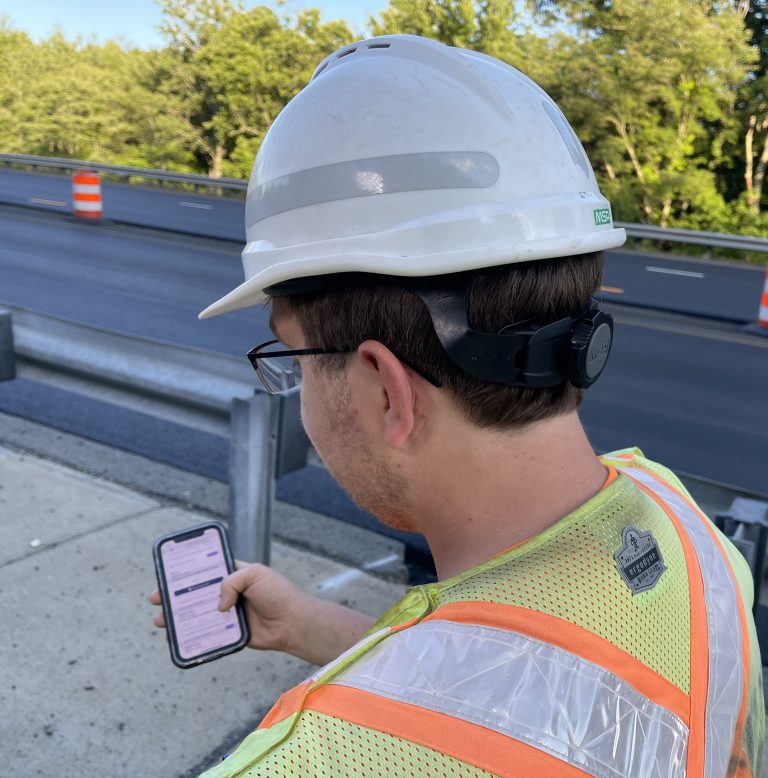■ THE CASE FOR DOT ‘E-INFO’ STANDARDIZATION
“We are excited about the prospect of e-ticketing and e-construction growth in the coming year.”
– Jacob Blanchard, PE, a field engineer for Indiana DOT’s Division of Construction Management
■ CONCRETE NEWS
Our job is to push this vision forward in partnership with the DOTs.
Covid-19 has pushed our industry to catch up with digitization, and we pretty much like it. The service-orientated architecture of today’s information technology (IT) systems empowers concrete producers to choose the best IT landscape for their needs. But how do state transportation departments harvest and leverage the new wealth of unique electronic information we make available? More importantly, how do they share it back with us?
Not so long ago, departments of transportation (DOTs) collected paper tickets. They were receipted, inspected, annotated, referenced to cylinder break tests, shared as needed and stored. As a matter of public interest, the Freedom of Information Act (FOIA) mandates that state and federal agencies turn over records when requested. FOIA allows anyone with a legitimate reason to dig through a DOT’s banker’s boxes of hard copy tickets in storage. The manual searches were not easy, but they worked.
Now, electronic information is being sent to DOTs from many sources via different systems in various digital file formats. Complicating issues, precious few DOTs are provisioned with computer programmers to gather, convert and import the e-information into a centralized database, let alone build apps to use the data in meaningful ways.
Without a central repository and the tools to mine it, complying with FOIA requests is challenging. DOT staff must search through email inboxes to produce documents, and PDFs are not always searchable. Many despair that in the new technology world where everything is possible, nothing is possible.

Enter Joe Spinelli of HaulHub. Some kids grow up playing in the sandbox with dump trucks. Joe grew up in a construction family in Boston with the real things. Fast forward to present day, and he has created a technology solutions company for the heavy construction industry. One of HaulHub’s product offerings enables DOTs to gather electronic data no matter the delivery platform, empowering them to save time for the entire value chain.
Consider e-tickets. As the tidal wave of migration to electronic tickets and signatures continues, transportation departments are presented with e-tickets from many producers using various formats. Joe’s team has created a central hub that can ingest data from any system and render it useful for DOT use via desktop and mobile apps. He calls the digital platform a “catcher’s mitt” and dubs the mobile app for DOTs the “killer app.”
The catcher’s mitt pushes data like a commodity, but the killer app does something with it. How about allowing producers self-service for data access, or providing DOT staff with easy access to the documents needed to fulfill FOIA requests? How about immediate monitoring of job progress by governmental infrastructure owners and their representatives? Or having base compaction data tied to each load? The list of what is possible through the app is as endless as the highway system is long.

Craig Yeack has held leadership positions with both construction materials producers and software providers. He is co-founder of BCMI Corp. (the Bulk Construction Materials Initiative), which is dedicated to reinventing the construction materials business with modern mobile and cloud-based tools. His Tech Talk column—named best column by the Construction Media Alliance in 2018—focuses on concise, actionable ideas to improve financial performance for ready-mix producers. He can be reached at Craig.Yeack@bcmicorp.com.




